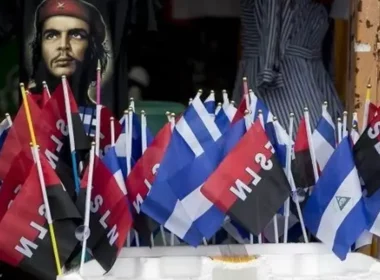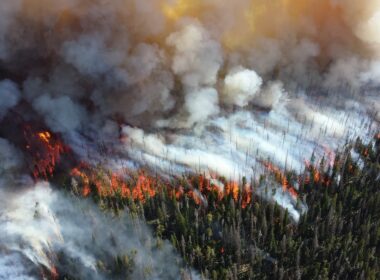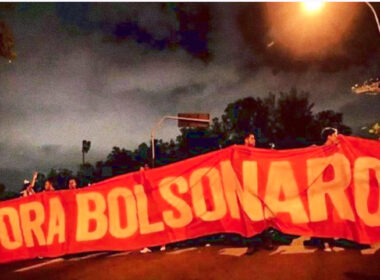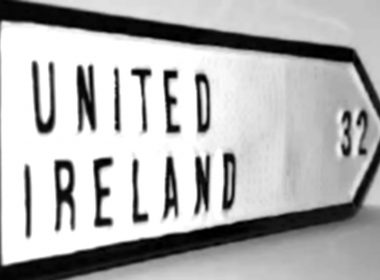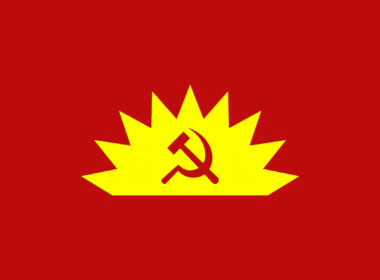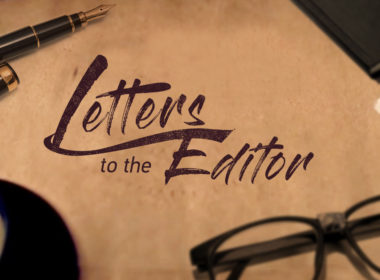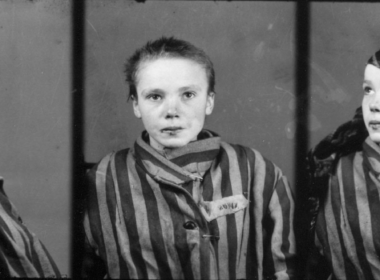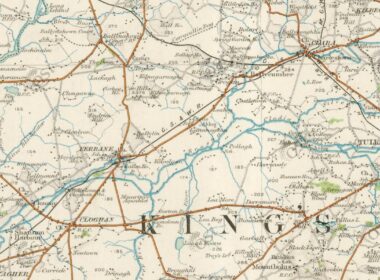Already the big intellectual guns of US imperialism—powerful professors and leading editorial writers—are being hauled out to tell us that there will not be a “new cold war” with China. Someone should have told the lackeys that their masters have actually increased the pace of the military, economic and ideological […]
Article
Solidarity with Nicaragua
Paper given by Philip Kelly, Greater Belfast Branch, CPI ■ Today I joined comrades from around Latin America and Europe in a meeting with the Foreign Ministry of Nicaragua. Below is the text of my contribution. Brothers and sisters, comrades of the Sandinista Revolution, I speak to you today from […]
Climate destruction will not be challenged while billions are to be made
Over the past few weeks farmers were given the opportunity to have their say in a full, nationwide consultation process concerning the recent CAP agreement. During this process a few issues cropped up. These were: During the on-line meetings farmers felt that their various questions concerning their future under the […]
Caravaggio and the Reformation
Born 450 years ago, on 29 September 1571, Caravaggio lived during the Counter-Reformation. The art form of that time, with a specific political function, was the Baroque. The development of the new middle class—the bourgeoisie—brought with it the dawn of the modern, capitalist era. The artistic expression of this new […]
A poet who fell foul of Franco
Poems from Prison and Life by the Spanish communist poet Marcos Ana (1920–2016), translated by David Duncombe and published by Smokestack Books, fills one with hope and despair. Hope comes from the motto found in the author’s note to the book: To live for others is the best way of […]
Why do we work? | Part 2
Work, like inequality, appears to be a permanent feature of human existence into the foreseeable future. Psychologically, humans do not feel well if they are not working. Or so the story goes. And work, as we said earlier, is continually reinforced by the language of power. “An honest day’s work […]
Political power-brokers and avaricious corporations
While always having access to the coercive arms of the state, capitalists prefer to adopt less abrasive, more PR-savvy methods when possible. This is where Kelly and the Teneos of this world come in.
Worldwide Carabobo! Solidarity and resistance in the Americas
At this year’s Féile an Phobail in Belfast the Irish Chapter of the Network in Defence of Humanity convened a special panel on anti-imperialism and the Americas, which is to be screened on 6 August through the festival’s web site and Youtube channels. The participants in the discussion were the […]
Brexit and reunification
Five years after the Brexit referendum, its effects on the relationships between the Irish state, Britain and the European Union continue to evolve. As a direct result of Brexit, the issue of Irish reunification has become “respectable” and is no longer confined to Republicans and the Communist Party. However, others […]
Solidarity with Socialist Cuba
The Communist Party of Ireland published a statement on 13 July 2021. It can be read at the party website here.
Letter from Galway
In this seemingly never-ending “Decade of Commemorations,” with such highlights as the recent commemoration of partition (!), some things seem to get forgotten (besides truth and common sense)—things close to home and things far away. Close to home, here in Galway, it won’t be the execution of Commandant Liam Mellows […]
The common agricultural policy and small farmers
In this article I will attempt to explain the new common agricultural policy (CAP) deal that will be implemented in 2023. First I will give a basic description of the CAP agreement: 1. There will be a linear cut of 25 per cent of direct payments. These cuts will be […]
The true face of fascism
Juvenile and other immature males seem to have a morbid fascination with fascism, or rather with the trappings of fascism: uniforms, flags, marching, and of course shouting and threatening. But they are only trappings. There’s more to fascism than that. In various European countries where “normal” capitalism is collapsing, fascism—the […]
On the need for a focal point | Part 2
Continuing with the analogy established in the preceding article, we can think of the specific structure of capitalism as resting on three pillars: civil society, foreign capital, and domestic capital. If we think through this heuristic model we begin to realise the enormity of the task, but conversely we also […]
Tackling the slow death of Mother Earth
Over the period 2010–19 the expansion in the dairy industry in the 26-Country state, thanks to the quota restrictions being lifted by the business organisation known as the EU, has resulted in an increase in the land area allocated to dairy farming. At the farm gate level the expansion has […]
Laughing at what we are
In what other country would there be web sites offering the equivalent of “funny Irish place-names”?—which in fact are not Irish at all but corruptions. And the great majority of these are not even corruptions in the usual linguistic sense—i.e. changes made over time by the usage of people (in […]


